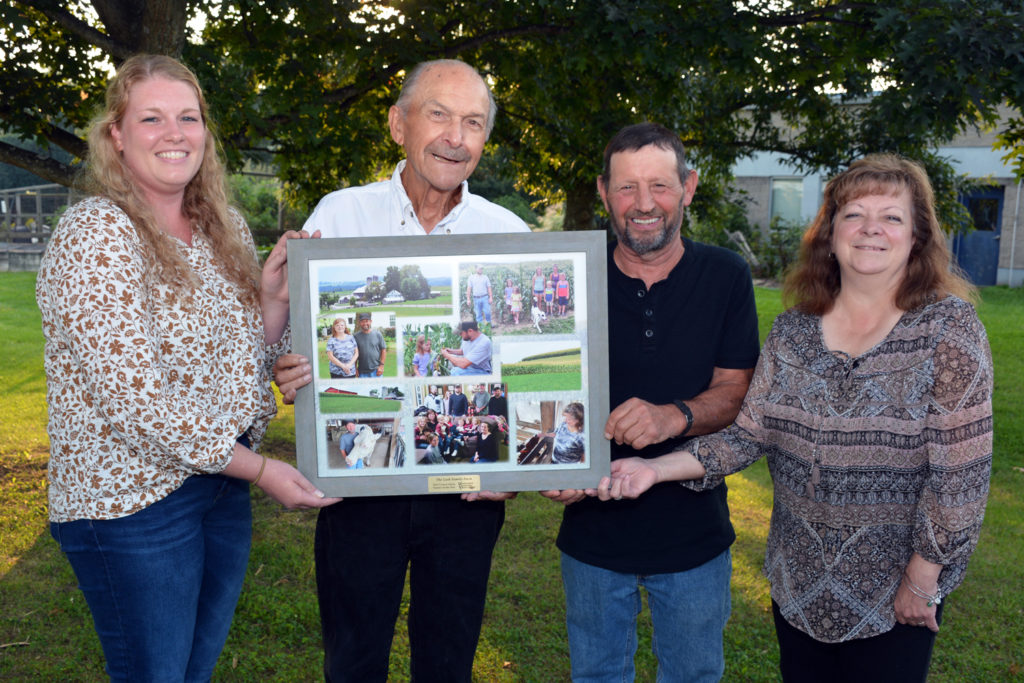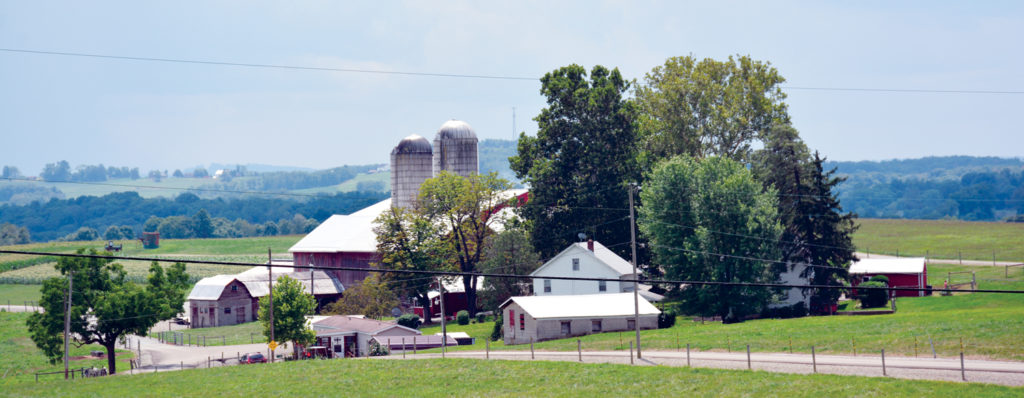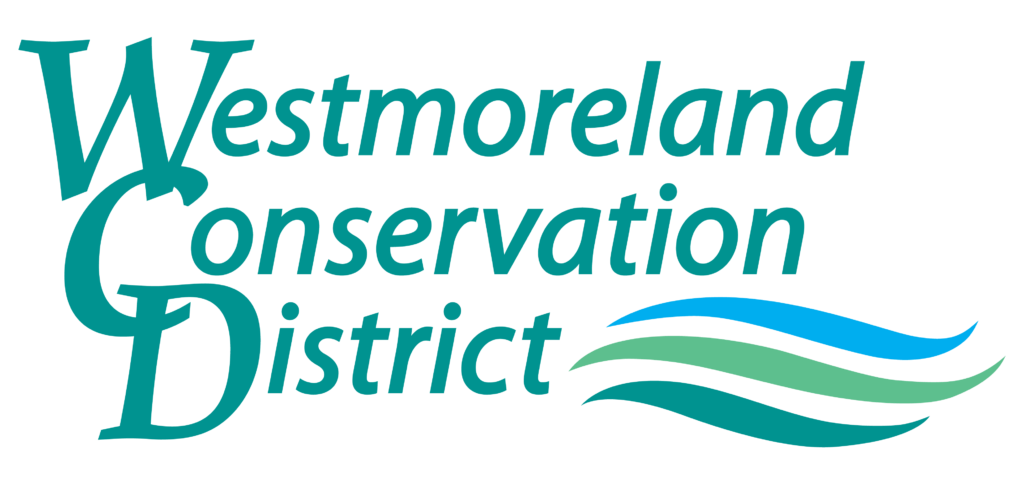The Lash Family Farm

The Lash farm, an exceptionally tidy 109 acres near West Newton, is currently home to four generations of a family that has made their living and their homes on this property since 1796.
The family farm currently is being managed by Craig and Eleanor Lash, along with sons Craig, Jr. and Scott, and daughter Rebecca and their families. Craig Sr.’s parents, Lowell and Sally, who ran the farm until they retired in 1997, still live on the property, which has been in the family for more than 225 years.
The conservation-minded operation uses a blend of practices to prevent erosion and manage water runoff. In the fields, reduced tillage practices limit the loss of the farm’s prime agricultural soil, and planting the hay and corn fields in line with the land’s contour slows the flow of water.
Twelve years ago, the family also installed a conservation practice that diverted excess water and turned a wet area of the farm into a useable hay field. The 930-foot grass waterway “works perfectly,” Craig says, in keeping conditions in the field right for growing alfalfa.
The Lashes also employ the conservation practice of rotational grazing, which limits how much area in a pasture the animals have access to at any given time. This gives the other areas of the pasture time to “rest” and regrow forage. The Lash farm’s pastures are divided into five paddocks, where their former dairy herd and now their current herd of 20 “foster cows” graze.
Fostering cows became a practice on the Lash farm in 2019, when, after eight generations of dairy farming, the family made the hard decision to sell their milking cows. “We just couldn’t grow big enough to make it work,” Craig said, citing the ongoing surplus in milk supply and the depressed price.
These days, the Lashes are putting their dairy knowhow to work by taking in calves for another Westmoreland County dairy farm, which is scaling up its operation as a way to profitability. Eleanor Lash bottle feeds the newborns until they are old enough to eat on their own. In about two years when they reach maturity, the cows are returned to their original farm.
The arrangement benefits the productivity of both farms. The Lashes receive income – a stipend per animal per day – and the other farmer saves on the cost of raising the animals, which for him would include the expense of building a new barn to raise the heifers. The Lashes use their existing prescribed grazing and manure management plans to manage the foster herd.
The Lashes also are participating in a conservation program to determine the nutritional value of the alfalfa/hay they grow to feed to the cows. After each cutting, a sample is sent to a lab, which tests it for such things as fiber, nitrogen/protein levels, mineral content, and relative feed value. Having this information helps the Lashes get a better idea of how much forage the animals will consume and exactly how much supplemental protein the cows may need, all of which improves milk production.
The Lash farm is recognized by the Pennsylvania Department of Agriculture as a Bicentennial Farm and is preserved in perpetuity through the Westmoreland County Agricultural Land Preservation Program.
Craig Sr. has been president of the Westmoreland Fair board for almost 25 years, a role he enjoys because it gives him “the opportunity to showcase farm products and educate people about where their food comes from.” He also has served on numerous other boards, including the Pennsylvania Farm Bureau and the Holstein Association.

See the interpretive award banner honoring the Lash Family Farm

